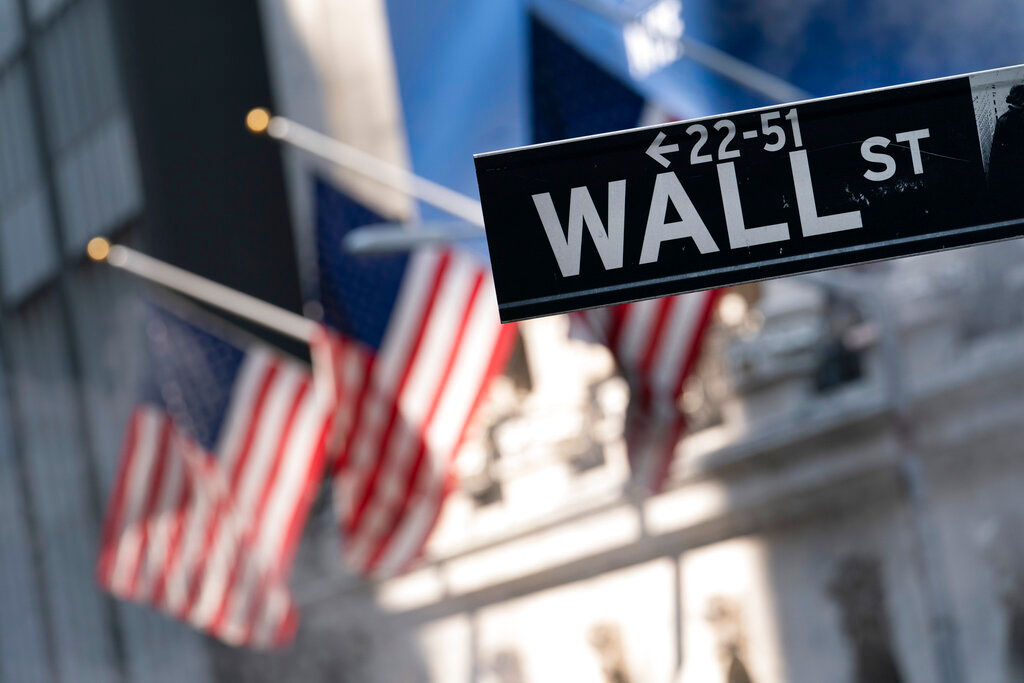Markets
trembled on Monday amid concerns about rising oil prices and how badly the
global economy will get hit after the US and allies increased the financial
pressure of Russia for its invasion of Ukraine.
Stocks fell, investors turned to gold in search of safer
options and the Russian ruble plunged to a record low below a penny at one
point.
Also Read | Why is Belarus a key player in the Russia-Ukraine conflict?
The benchmark S&P 500 was 1% down in early trading
after Western allies on Saturday, announced to cut some Russian banks from SWIFT, a
key global payments system. The US Treasury Department also imposed new and
powerful sanctions that could immobilize any assets of the Russian central bank
in the United States or held by Americans.
Germany, France, the UK, Italy, Japan, European Union and
others will join the US in hitting Russia’s central bank. The Moscow stock
exchange would remain closed on Monday.
Oil prices on both sides of the Atlantic jumped over 3%
amid concerns about crude supplies as Russia is one of the world’s largest
energy producers. An increase in prices for natural gas, wheat and other
commodities also added to the already high inflation squeezing wallets around
the world.
Also Read | Russia bans flights by airlines from 36 countries amid Ukraine crises
Investors moved to US government bonds in search of safer
returns, which led the yield of the 10-year Treasury down 0.10 percentage
points to 1.88%, one of the sharpest drops since omicron first shook investors.
In the US, the Dow Jones Industrial Average was down 386
points, or 1.1%, at 33,672, as of 9.49 am Eastern time zone. The Nasdaq
composite was 0.11% down at 13,676.69.
Also Read | Wall Street heads for declines as Ruble plunges
As compared to the US stocks, European stocks have fallen
more sharply given how closely tied the European economy is to Russia and
Ukraine. Germany’s DAX slipped 2.2%, France’s CAC 40 dropped
2.8% and the FTSE 100 in London fell 1.3%.
Markets had already been tensed before Russia’s invasion,
worried about how the Federal Reserve looks certain to hike interest rates in
March for the first time since 2018. Such a measure would help to control the
highest inflation US households have seen in generations, but it will also put
weight on all kinds of investments. If the Fed increases rates too high, it
also risks causing a recession.
Also Read | Russia hikes key rate to 20% to support ruble, tells firms to sell FX
According to financial analysts, such wars and other
scary geopolitical events tend to have only short-term or temporary effects on
the markets, perhaps lasting weeks or months. But at present, fear is rising.
Putin’s order to put nuclear weapons on alert has raised
tensions with Europe and the US and revived dormant fears from the Cold War era.







